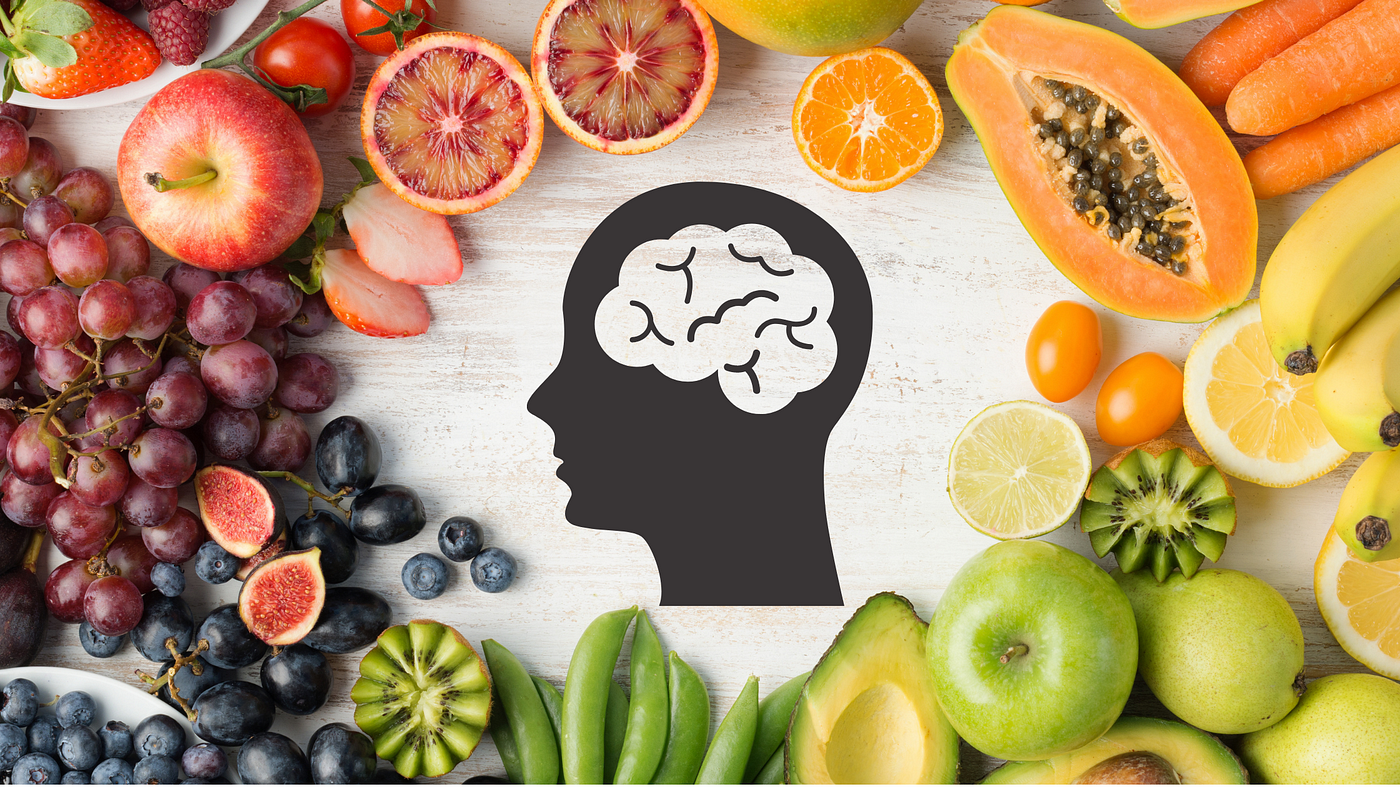
Diet can have a substantial effect on mental wellbeing. Instead of opting for processed foods and sugary beverages, opt instead for whole grains, vegetables, leafy greens, fruits, healthy fats and proteins for maximum mental wellbeing.
Food nutrients can be converted to hormones, neurotransmitters and other compounds that regulate your body and mind. Here are the nutrients essential for success: vitamins, minerals, antioxidants, carbohydrates (for energy), water and proteins.
Vitamins
Diets rich in essential vitamins and minerals are crucial for optimal mental health. Studies have demonstrated that eating fruits and vegetables regularly is linked to improved mood as well as lower risk of mental disorders.
Vitamins play a significant role in maintaining brain health. B vitamins, in particular, are necessary for neurotransmitter production and energy metabolism; stress response; immune function and stress relief. Vitamin C acts as an antioxidant that protects against illness while simultaneously producing serotonin–an essential feel-good neurotransmitter.
Before embarking on a nutrient therapy regimen, it is wise to consult a medical provider. Nutrient deficiencies or imbalances can have detrimental effects on mental health and can be difficult to correct through diet alone. A medical professional can conduct blood tests to ascertain your levels are deficient before making recommendations about supplements or other forms of treatment to enhance them – making nutrient therapy an integral component of overall treatment plans for mental illness.
Minerals
Minerals such as zinc and magnesium play an essential role in mental health and are vital components for keeping our brains working properly. A lack of these vital elements has been linked to mood disorders like depression and anxiety; sources include whole grains, nuts, leafy greens and lean meats.
Vitamins and minerals work hand-in-hand to support mental health. For instance, low vitamin D intake has been linked with mood instability; B vitamins like B6, B9 (folate) and B12 are necessary for neurotransmitter synthesis affecting mood and stress response; finally Vitamin C acts as an antioxidant while improving cognitive functioning.
Eat a diet rich in fruits and vegetables, whole grains, protein-rich foods like fish, poultry, beans and nuts as part of a balanced lifestyle diet to ensure that you receive all the necessary vitamins and minerals necessary for mental health. According to research, it’s best to start making small changes at first to improve diet quality; over time this approach should become increasingly successful. In order to advance nutritional psychiatry further we require more randomized controlled clinical trials that assess effectiveness of dietary interventions.
Omega-3 Fatty Acids
Omega-3 polyunsaturated fatty acids such as eicosapentaenoic acid (EPA) and docosahexaenoic acid (DHA) play vital roles in brain development, function, and aging. Studies suggest that deficiencies of EPA or DHA could increase susceptibility to mental disorders like depression, bipolar disorder, schizophrenia, autism spectrum disorder or attention-deficit/hyperactivity disorder.
Dietary consumption of polyunsatured fatty acids has also been shown to benefit mood and cognitive functioning among those suffering from depression. Studies have demonstrated how EPA, one component of omega-3s, can lessen depression by blocking substances in the body that prevent serotonin from being released into circulation.
While several large randomized controlled trials have suggested that EPA supplementation can have antidepressant effects, further research must be conducted in order to confirm these findings. It is also vitally important that the trials be designed correctly so they evaluate treatment effects on major clinical outcomes rather than surrogate measures like depression symptoms or blood triglycerides as surrogate measures of efficacy.
Fiber
Diets high in fiber can play an instrumental role in helping individuals regulate their emotions. One way it does so is by aligning body and brain functions. This enables individuals to more accurately determine whether a given mood stems from physical causes like low blood sugar or dehydration or emotional ones such as depression.
Fiber provides nourishment to bacteria in your gut that produce neurotransmitters such as serotonin. These signals travel into your brain, ultimately impacting how you feel.
Studies demonstrate the connection between increased fiber consumption and reduced risks of mental health conditions such as depression. This could be partly explained by feeding bacteria that produce these signals properly.
Researchers have employed various methodologies to investigate the relationship between nutrition and mental health, such as observational studies and randomized controlled trials. Unfortunately, results of such investigations vary and more research must be done into why certain effects occur; one issue being that switching to a high-fiber diet can cause gas and abdominal discomfort while some minerals such as iron and zinc may not be well absorbed into our systems.
Water
Staying hydrated may seem inconsequential, but its impact on mood is significant. Psychologer Susan Albers often asks her patients how much water they’ve drunk during their day and says, “it is so crucial for our mental wellbeing. Water plays an integral part of shaping your emotions.”
Researchers conducted one study which discovered that individuals who drink less water have increased risks for depression and anxiety disorders compared to those who drink 3-5 glasses per day; those drinking less had higher odds of both disorders in both crude and adjusted models, suggesting dietary interventions could play a beneficial role in preventing mental health issues.
Studies have also demonstrated the health benefits of drinking more water to reduce stress, improve memory and boost mood. Furthermore, drinking more water may reduce cognitive decline as well as dehydration associated with depression and prevent dehydration that contributes to it. Furthermore, studies have revealed how long-term exposure to metal and non-metal elements found in water may help decrease mental health disorders – an approach known as orthomolecular psychiatry, first introduced by Nobel Prize-winning chemist Linus Pauling in 1968 that employs natural vitamins and minerals instead of prescription medications which often have side effects associated with them.




